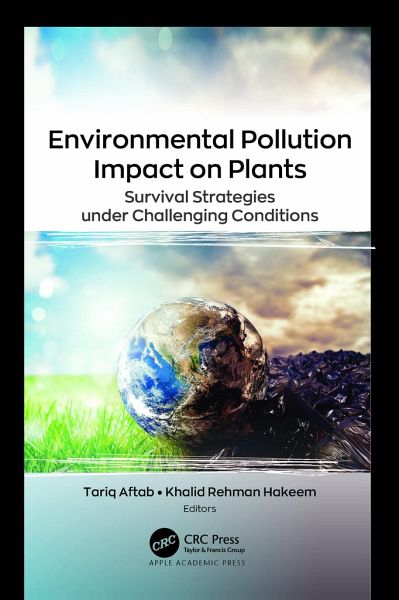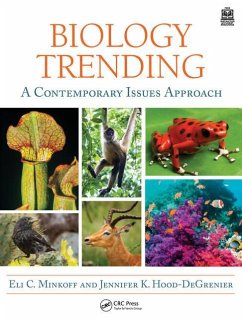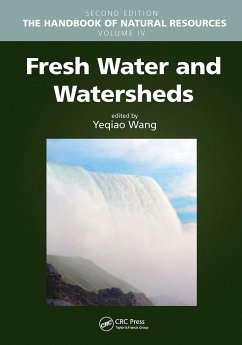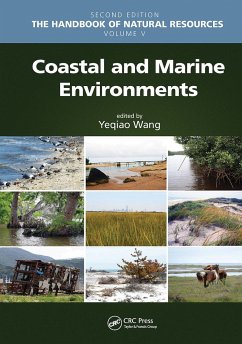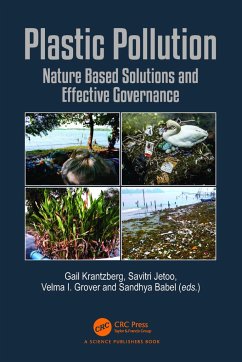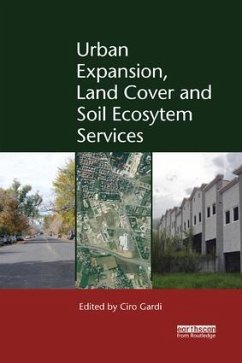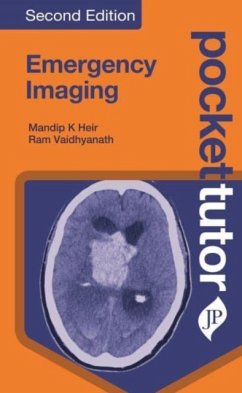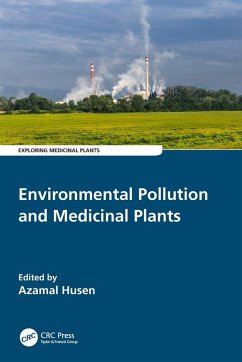Tariq Aftab, PhD, is Assistant Professor in the Department of Botany at Aligarh Muslim University, India, where he earned his PhD. He is the recipient of several prestigious fellowships. He was a Research Fellow at the National Bureau of Plant Genetic Resources, New Delhi, and Postdoctoral Fellow at Jamia Hamdard, New Delhi, India. Dr. Aftab was also a Visiting Scientist at the Leibniz Institute of Plant Genetics and Crop Plant Research (IPK), Gatersleben, Germany, and at the Department of Plant Biology, Michigan State University, USA. He has edited 14 books, coauthored several book chapters, and published over 65 research papers. Khalid Rehman Hakeem, PhD, is Professor at King Abdulaziz University, Jeddah, Saudi Arabia. He is formerly a lecturer at the university of Kashmir, Srinagar, India, and at Universiti Putra Malaysia, Selangor, Malaysia. Dr. Hakeem has more than 10 years of teaching and research experience in plant eco-physiology, biotechnology and molecular biology, medicinal plant research, plant-microbe-soil interactions, as well as in environmental studies. He was a visiting scientist at Jinan University, Guangzhou, China. To date, Dr. Hakeem has authored and edited more than 70 books, over 180 research publications, and 65 book chapters in edited volumes. At present, Dr. Hakeem serves as an editorial board member and reviewer for several high-impact international scientific journals.
